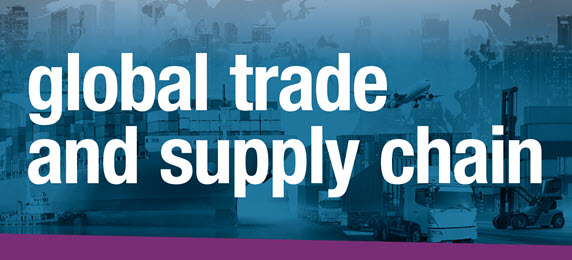
May 9, 2024
USTR Initiates Section 301 Investigation on China’s Maritime, Logistics and Shipbuilding Practices
On April 17, 2024, the Office of the U.S. Trade Representative (USTR) initiated a Section 301 investigation of China's acts, policies, and practices targeting the maritime, logistics, and shipbuilding sectors for dominance.
The petition was filed by five labor unions, alleging that China targets the maritime, logistics, and shipbuilding sector for dominance and engages in a wide range of unreasonable or discriminatory acts, policies, and practices that provide unfair advantages, including:
Petitioners allege that China's acts, policies, and practices burden or restrict U.S. commerce by:
The five elements as requested in the petition include:
If you have any questions or input on this issue, please reach out to Angela Chiang at angela.chiang@autocare.org.
Read More
The petition was filed by five labor unions, alleging that China targets the maritime, logistics, and shipbuilding sector for dominance and engages in a wide range of unreasonable or discriminatory acts, policies, and practices that provide unfair advantages, including:
- Implementing industrial planning and policies that are designed to unfairly capture market share, distort global markets, and advantage Chinese enterprises;
- Directing mergers and anticompetitive activities;
- Providing non-market advantages to Chinese firms to dominate key upstream inputs and technologies;
- Providing advanced financing mechanisms advantaging Chinese industry;
- Creating a Chinese network of upstream suppliers, foreign ports and terminals, shippers, and equipment and logistics software that allow advantageous use of information;
- Tolerating intellectual property theft and industrial espionage; and
- Controlling shipping freight rates and capacity allocations.
Petitioners allege that China's acts, policies, and practices burden or restrict U.S. commerce by:
- Dramatically increasing China's shipbuilding excess capacity and global market share, contributing to declines in U.S. shipbuilding capacity, production, and market share;
- Artificially depressing prices, which makes it more difficult for U.S. companies to compete for sales;
- Impeding U.S. investment, production, and employment;
- Reducing the number of U.S.-produced ships in the domestic and global merchant fleets; and
- Providing unfair advantages and preferences that burden or restrict trade in inputs, and burden or restrict trade opportunities for upstream inputs and downstream industries.
The five elements as requested in the petition include:
- a fee on vessels built in China that dock at U.S. ports to offset China’s unfair practices and create an incentive to eliminate those practices;
- the establishment of a shipbuilding revitalization fund with proceeds from the fee to support investments in the domestic shipbuilding industry’s capacity, supply chains, and 112 workforce;
- actions to support stronger demand for U.S.-built vessels in light of unfair competition from China;
- actions to address China’s drive to dominate port and logistics infrastructure platforms and equipment; and negotiations with other major shipbuilding countries to address any concerns about their own government support programs and coordinate measures to address China’s unfair practices
If you have any questions or input on this issue, please reach out to Angela Chiang at angela.chiang@autocare.org.
Read More

Angela Chiang, Director, International Affairs
Doing business across borders can be tough, especially now. My work centers around helping you explore new and emerging markets, finding new business partners and navigating trade policy. More About Me

As trade policies are updated and supply chain challenges continue, this section provides the latest information on how your business can navigate the changes.
More posts
Latest related
Content
-
[WATCH] 2022 Business Outlook: Top Emerging Opportunities and Challenges
February 4, 2022This webinar explores need-to-know emerging opportunities and challenges for the coming year: current status of supply chain issues and what to expect in the year ahead and more.
-
[REPORT] 2022 Auto Care Factbook
May 6, 2021The only publication of its kind, this report includes data on light vehicle sales volume for key aftermarket product categories, sales percentage growth, light vehicle product growth and much more.
Visit
